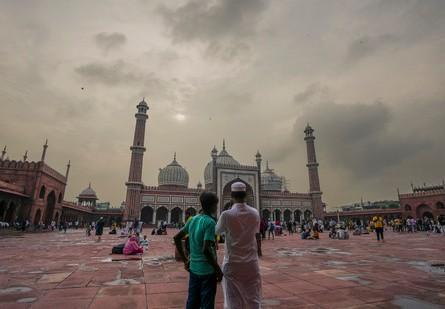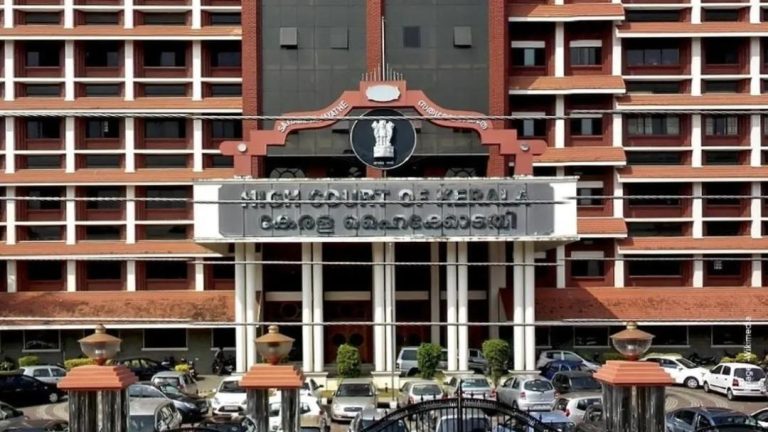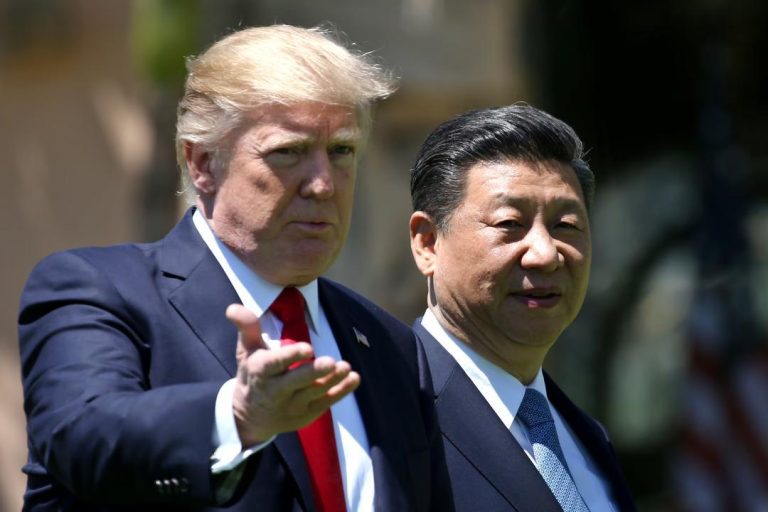
Supreme Court to Hear Pleas Against Waqf Act on April 15, Centre Files Caveat
The Supreme Court of India is set to hear petitions challenging the Waqf Amendment Act, 2025 on April 15, multiple reports have said. The Central government has meanwhile filed a caveat, seeking a hearing before passing any order on the pleas. Several pleas, including those by MPs Asaduddin Owaisi and Mohammad Jawed, have been filed against the Act that came into force from Tuesday (April 8).
The Waqf Amendment Act, 2025, was passed by the Parliament in March 2025, aiming to streamline the management of Waqf properties and ensure their proper utilization. However, the Act has been met with widespread criticism from various quarters, terming it as “anti-Muslim” and “violative of the Constitution”.
The petitioners, including MPs Asaduddin Owaisi and Mohammad Jawed, have argued that the Act is an attempt to undermine the autonomy of Waqf boards and to impose a uniform system of management, which is violative of the Constitution. They have also contended that the Act is unconstitutional as it seeks to override the existing laws and regulations governing Waqf properties.
The Centre’s decision to file a caveat in the Supreme Court comes as a surprise, as the government had earlier maintained that the Act was not intended to alter the existing system of management of Waqf properties. The caveat, filed on behalf of the Union government, seeks a hearing before any order is passed on the pleas challenging the Act.
The Supreme Court’s decision to hear the petitions on April 15 is seen as a significant development in the controversy surrounding the Waqf Amendment Act. The Court’s verdict on the matter is likely to have far-reaching consequences, not only for the Waqf boards but also for the entire Muslim community in the country.
The controversy surrounding the Waqf Amendment Act has been brewing for months, with various stakeholders expressing concerns over the Act’s provisions. The Act has been criticized for empowering the Centre to appoint a chairman and members of the Waqf boards, as well as for limiting the powers of the Waqf boards to manage their own affairs.
The opposition parties, including the Congress and the Left parties, have been vocal in their criticism of the Act, terming it as a “blatant attempt” to undermine the autonomy of the Waqf boards. The Act has also been opposed by various Muslim organizations and individuals, who have argued that it is violative of the Constitution and the rights of the Muslim community.
The Centre’s decision to file a caveat in the Supreme Court comes as a surprise, as the government had earlier maintained that the Act was not intended to alter the existing system of management of Waqf properties. The Centre has argued that the Act is intended to ensure greater transparency and accountability in the management of Waqf properties, and to protect the interests of the Muslim community.
However, the petitioners have argued that the Act is unconstitutional and violative of the rights of the Muslim community. They have argued that the Act seeks to impose a uniform system of management, which is violative of the Constitution and the existing laws and regulations governing Waqf properties.
The Supreme Court’s decision to hear the petitions on April 15 is likely to be a significant development in the controversy surrounding the Waqf Amendment Act. The Court’s verdict on the matter is likely to have far-reaching consequences, not only for the Waqf boards but also for the entire Muslim community in the country.
In conclusion, the Supreme Court’s decision to hear petitions challenging the Waqf Amendment Act on April 15 is a significant development in the controversy surrounding the Act. The Centre’s decision to file a caveat in the Supreme Court seeking a hearing before passing any order on the pleas is a surprise, as the government had earlier maintained that the Act was not intended to alter the existing system of management of Waqf properties.
The controversy surrounding the Waqf Amendment Act has been brewing for months, with various stakeholders expressing concerns over the Act’s provisions. The Act has been criticized for empowering the Centre to appoint a chairman and members of the Waqf boards, as well as for limiting the powers of the Waqf boards to manage their own affairs.
The Supreme Court’s verdict on the matter is likely to have far-reaching consequences, not only for the Waqf boards but also for the entire Muslim community in the country. The Court’s decision will determine the fate of the Waqf Amendment Act, and will have a significant impact on the management of Waqf properties in the country.






